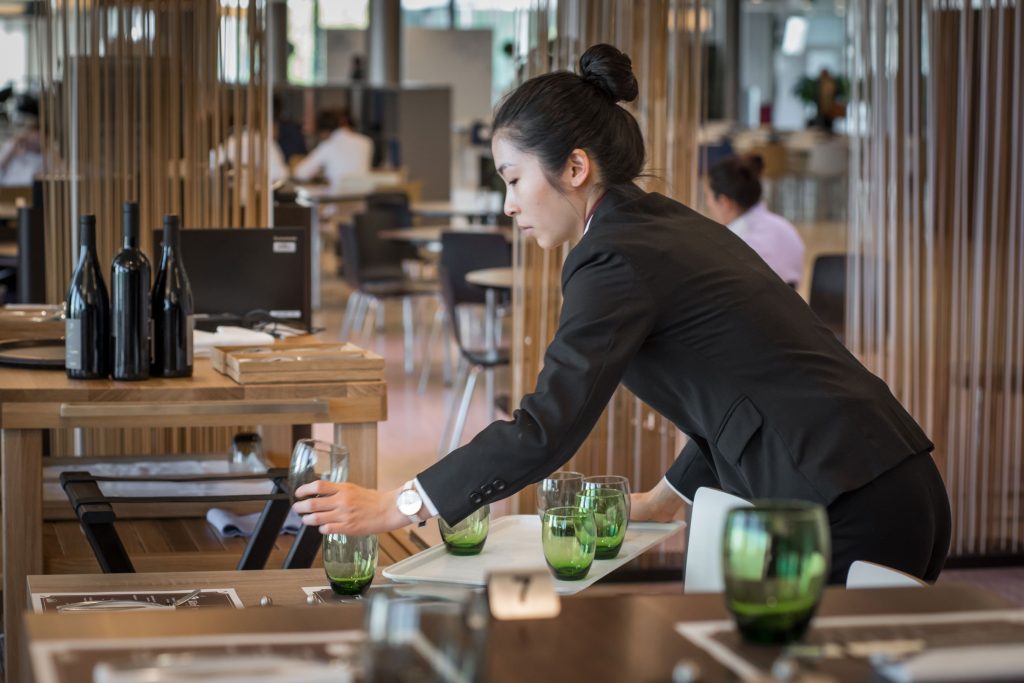
These last two years demonstrated that the Travel & Hospitality is far more dependent on social, economic and political events than any other industry. The impact of changes in any one of these realms on tourism is stronger than on any other sector of economic activity.
Italy’s GDP increased by 6% in 2021. This growth is expected to continue in 2022 to the extent that, as reported by the “Sole 24 Ore” (January 4th, 2022), pre-Covid GDP levels will be recovered by mid 2022 – rather than 2024 as initially estimated. Industrial production has already reached the pre-pandemic levels.
However, travel industry is still lagging, despite the burst that it experienced over the period Spring-Autumn 2021. While the recrudescence of the pandemic had an impact on the contraction of the industry’s production levels, the outbreak of the Omicron variant is not the only event that might be affecting travel.
Thanks to the expansionary policies that even the most reluctant Central Banks have started adopting since the 2008 crisis, inflation has for long been absent from the economic debate, raising concerns about the sluggishness of prices growth, instead.
This dynamic was reversed in 2021, when inflation started rapidly growing. Since January oil’s average price has increased by 53%, natural gas’ by 106%, copper’s by 23%, and tin’s by 72% (source: “Sole 24 Ore”). Although Central Banks maintain that this surge in prices is temporary, oil prices represent an additional threat to transport industry apart from Covid; whilst inflation risks wearing away the spending power consumers gained during lockdowns.
Geopolitical instability in Eastern Europe also poses a threat to travel. Russia’s attempts to strengthen its influence over Ukraine might have a negative impact on EU’s gas supply, hence on inflation. The recent political turmoils in Kazakistan also represents an additional element of instability.
Which the implications of all this are for Travel and Hospitality? Although the outlook on 2022 is still optimistic and production is expected to increase, flexibility might be key as it was in 2021.
Unless tour operators, travel agents and hotels are able to intercept the demand coming from the ultra-rich who are not affected by inflation and are willing to travel and book rooms and flights in advance despite all sorts of restrictions and impediments such as anti-Covid tests to take before and after reaching their destination, a certain level flexibility in payment and cancellation policies, as well as in rates strategies, might still help foster production in the face of a contraction of the booking window.
Antonio Desiderio
Comments are closed, but trackbacks and pingbacks are open.